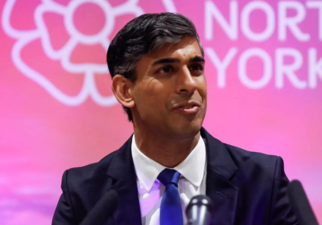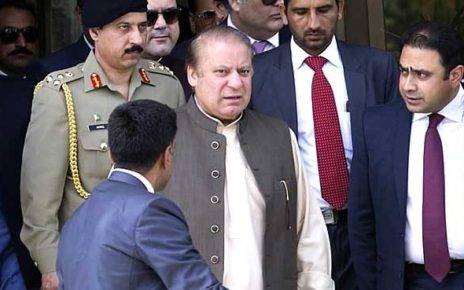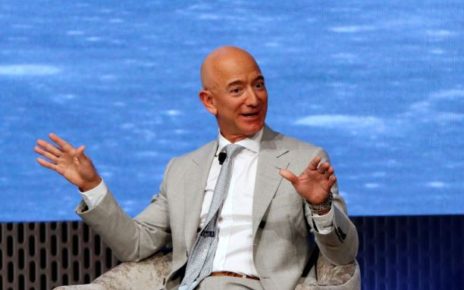Keir Starmer’s victory as the UK Prime Minister marks a significant shift not only in British politics but also in international relations, particularly with India. The Labour Party, under Starmer’s leadership, has taken a decisive turn to mend its strained ties with India, a move that reflects the changing dynamics of global politics and the importance of economic partnerships.
Historically, the Labour Party has faced criticism for its stance on the Kashmir issue, which has been perceived as meddling in India’s internal affairs. In 2019, under Jeremy Corbyn, the party passed a controversial motion calling for international intervention in Kashmir. This move was seen by many as pandering to specific voter bases and was sharply criticized by India.
Starmer, recognizing the need for a reset, has pledged to approach UK-India relations with a fresh perspective. His manifesto emphasizes a “new strategic partnership” with India, focusing on enhancing trade ties and fostering cooperation in various sectors, including technology, security, education, and environmental issues. This pivot is crucial for rebuilding trust with the British-Indian community and positioning the UK as a valuable partner to one of the world’s fastest-growing economies.
In his outreach to the Indian diaspora, Starmer has made it clear that he views Kashmir as a bilateral issue to be resolved between India and Pakistan, aligning with the official stance of the British government. He has also actively engaged with the community, celebrating cultural events like Diwali and Holi, and speaking out against Hinduphobia, further demonstrating his commitment to inclusivity and respect for cultural diversity.
This policy shift towards pragmatic engagement is part of Labour’s broader foreign policy framework of “progressive realism,” which seeks to address global challenges with practical solutions. By prioritizing strong economic and cultural ties with India, Starmer aims to usher in a new era of mutual cooperation and growth.
Starmer’s landslide victory over Rishi Sunak’s Conservative Party not only ends the Tories’ 14-year hold on power but also signals a new direction for the UK on the global stage. As Prime Minister, Starmer’s approach to India will be closely watched, and his success in this area could redefine the Labour Party’s foreign policy legacy for years to come.
The path ahead for Starmer is challenging yet promising. Restoring and strengthening UK-India relations will require careful navigation of historical sensitivities and a focus on common goals. However, with his clear commitment and strategic vision, Starmer has set the stage for a potential transformation in one of the UK’s most important international relationships.





